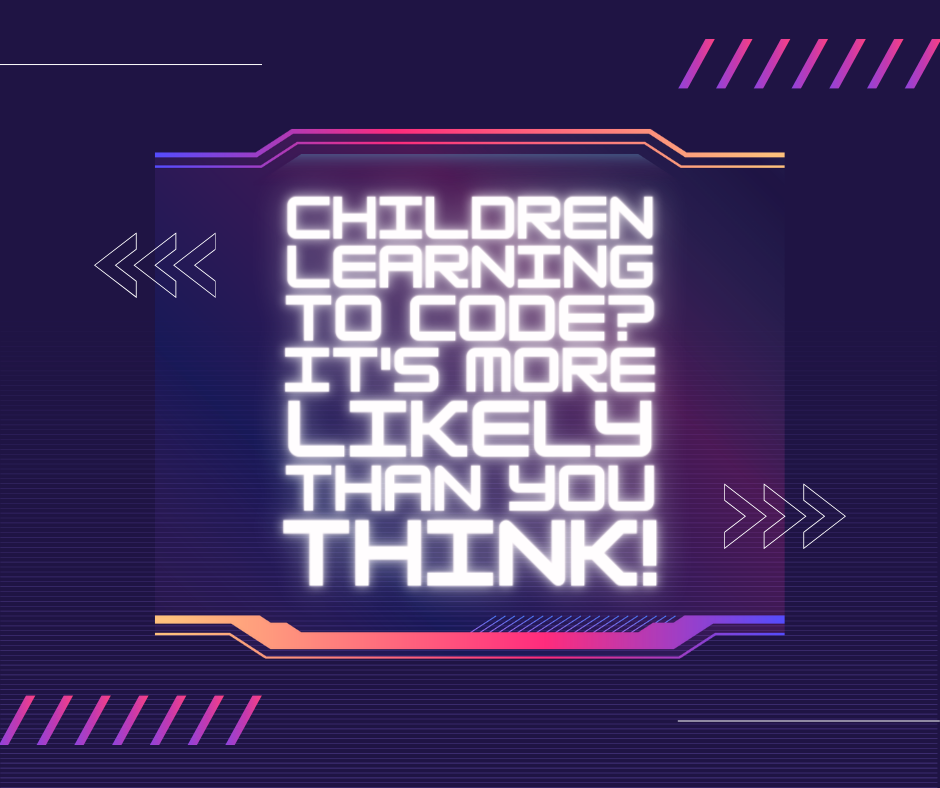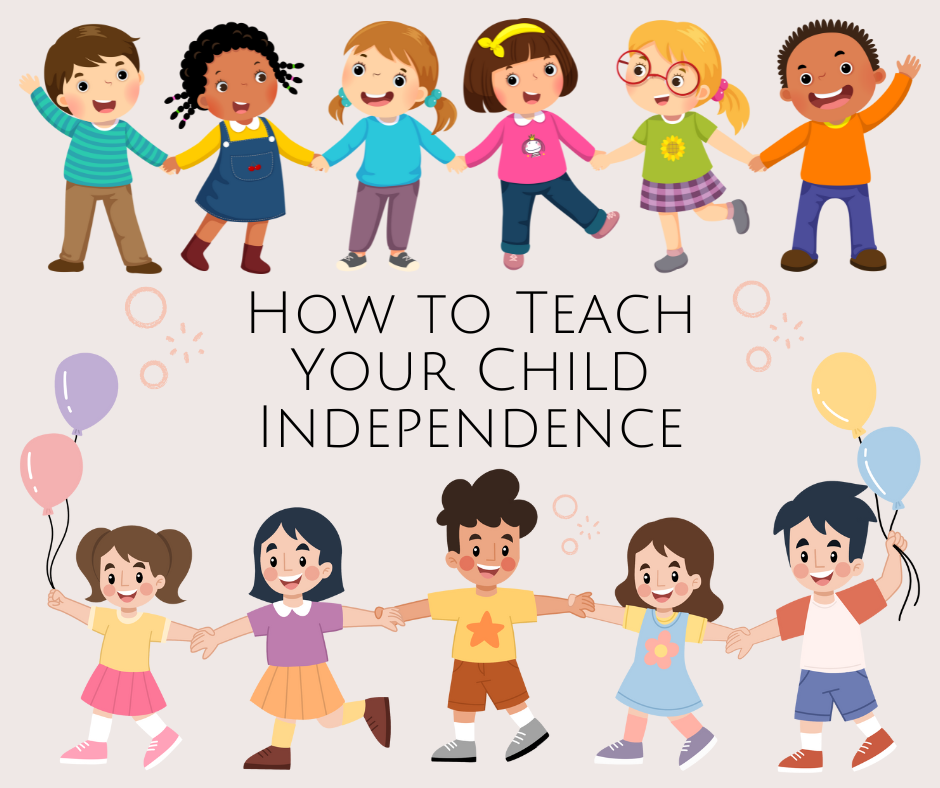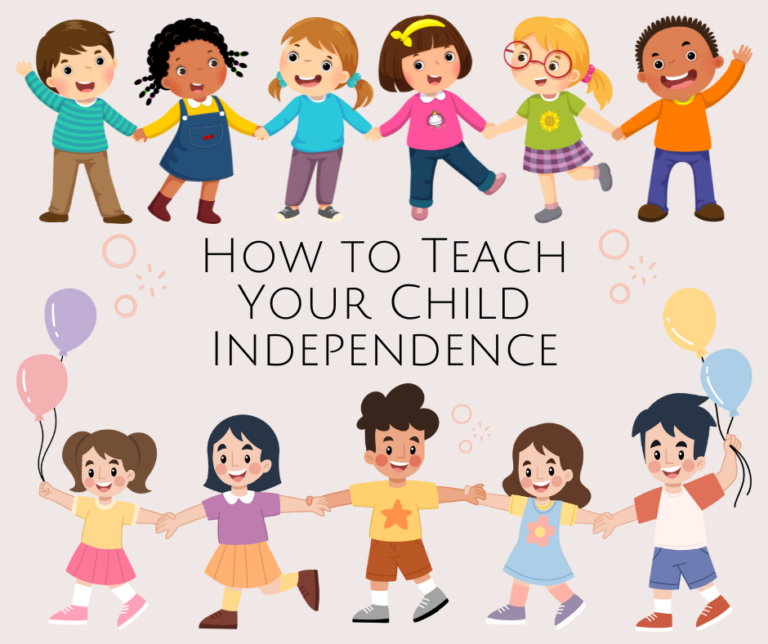When you think of a coder, you likely think of a high school student or someone no younger than 12. However, the truth is that more and more elementary school-aged children are starting to code. That’s right! It’s a skill that even young children can learn! It can even benefit a student’s cognitive development in various ways. Check it out:
Coding teaches problem-solving skills.
Simple coding projects are an excellent way to introduce young children to problem-solving techniques. Coders acquire the ability to simplify complex issues. One of the most important and satisfying aspects of problem-solving is this. Students can test solutions with coding to make sure they work. Other problem-solving activities hardly ever provide this advantage. Who wouldn’t benefit from having better independent research skills? When all else fails, they hone them while looking for solutions on Google.
Coding teaches kids to enjoy math.
The language of mathematics is coding. Imagine if every school offered coding classes? Learning to program requires various skills, including data analysis and organization. Children may not even know they are improving their math abilities as they code. Making something from scratch while applying logic and calculation techniques can make math more exciting and enjoyable. There is also a significant benefit to teaching coding in schools.
It improves concentration and focus.
Coding requires focus and concentration, which some children may find challenging while others may find it simple. Overall, the curriculum and structure of our kid-friendly coding workshops encourage focus because kids learn that if they write their code correctly, they will successfully finish the workshop project.
It encourages resilience.
Children learn how to recover from setbacks and do so most effectively through coding. They discover how to accept their mistakes, not give up, and learn from them. Additionally, they can learn that failure is a necessary component of progress because it offers a teaching opportunity. The best justification for teaching coding to kids is that they will learn that “debugging” the code is half the fun, not a chore.
Coding is surprisingly social.
The stereotype goes that computer nerds are not very good at communicating with their peers, but bear with us here: Building something beneficial to people is part of coding problem solutions. It serves no purpose to create a website with a cluttered user interface and a ton of information. Kids are encouraged to consider issues from users’ perspectives when they code. Empathy and emotional intelligence (EQ) are crucial for communication because they enable children to comprehend the viewpoint of others and learn a lot about how to conduct a conversation in the real world.
There are a lot of future prospective career opportunities.
As a coder, there are practically no recessions. Code.org reports that only 11% of STEM graduates major in computer science, even though computing accounts for 67% of all new STEM jobs, according to Code.org. Even if your child doesn’t pursue computer science, it’s still a good idea to have a few additional skills on that resume. Even if you yourself are not the most tech-savvy, it’s definitely something to take into consideration. It certainly can’t hurt to try it with at least one of your kids!










